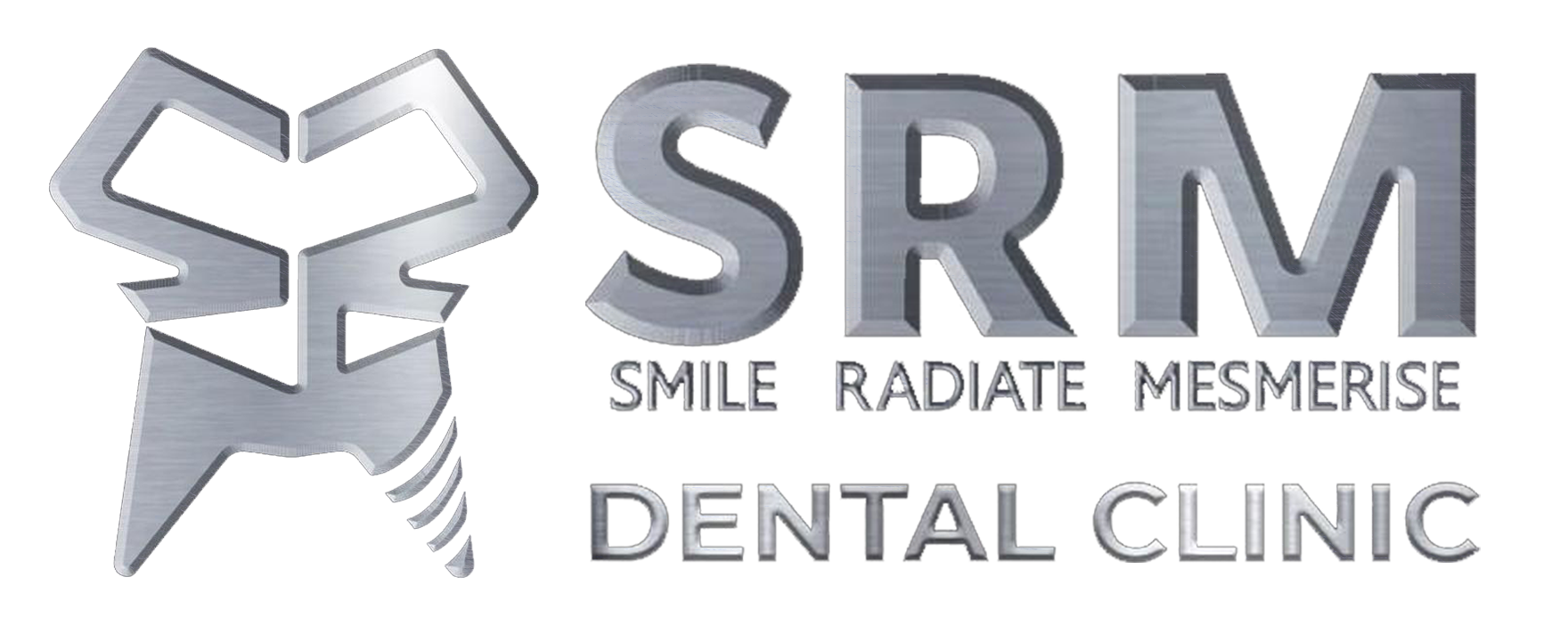Bleeding gums can be alarming and discomforting, but they are often signs of an underlying oral health issue requiring prompt attention. If you're experiencing bleeding gums, it's essential to understand the potential causes, seek professional treatment, and take steps to maintain optimal oral hygiene. If you are also suffering from a bleeding gum issue, consult Dr. Meyyappan, he will assist you in bleeding gum treatment in Madurai and suggest you the best possible option.
What is Bleeding Gums
Bleeding gums, medically known as gingival bleeding, occur when the gums bleed easily upon brushing, flossing, or even eating. This condition usually shows gum inflammation (gingivitis) or more severe gum disease (periodontitis). While gingivitis is a milder form of gum disease, periodontitis is a more advanced and concerning condition that can lead to tooth loss if left untreated.
Identifying the Common Causes of Gum Bleeding
This treatment can address various dental issues, including:
Gingivitis: The most common cause of bleeding gums is gingivitis, which results from the accumulation of plaque (a film of bacteria) on the teeth and gums. This irritates the gums, causing them to become red, swollen, and prone to bleeding.
Poor Oral Hygiene: Improper brushing and flossing can lead to the buildup of plaque and the development of gingivitis.
Medications: Some medications, such as anticoagulants (blood thinners), can increase the likelihood of bleeding gums.
Smoking: Smoking increases the risk of gum disease and hinders the body's ability to heal gum tissue.
Options for Treating Bleeding Gums
The treatment for bleeding gums depends on the underlying cause and severity of the condition. Here are some common treatment options:
Improved Oral Hygiene: For mild cases of gingivitis, enhancing oral hygiene practices, including regular brushing, flossing, and rinsing with an antimicrobial mouthwash, can reverse the condition.
Proper Dental Cleaning: In more severe cases of gingivitis or early-stage periodontitis, a dental cleaning (scaling and root planing) performed by a dentist may be necessary to remove plaque and tartar buildup.
Medication: Your dentist may prescribe antibiotics or antimicrobial mouth rinses to control gum infections and reduce inflammation.
Lifestyle Changes: Quitting smoking, managing underlying medical conditions, and maintaining a balanced diet rich in essential nutrients can contribute to gum health.
Gum Surgery: In advanced cases of periodontitis, surgical procedures like flap surgery or gum grafting may be required to treat infected gum tissue and restore oral health.
Keys to Prevent Gum Issues
Preventing gum bleeding is key to maintaining optimal oral health. Here are some preventive measures:
Oral Hygiene: Brush your teeth at least twice daily, use dental floss or interdental brushes to clean between teeth, and rinse with an antimicrobial mouthwash.
Regular Dental Visits: Schedule routine dental check-ups and cleanings to diagnose gum issues early.
Healthy Diet: Consume a diet rich in fruits, vegetables, whole grains, and lean proteins to support gum health.
Hydration: Drink plenty of water to help wash away food particles and bacteria.
Avoid Tobacco: If you smoke or use tobacco products, consider quitting to reduce your risk of gum disease.
Bleeding gums should never be ignored, as they are often an early warning sign of gum disease. Seeking prompt bleeding gum treatment from an expert dentist is essential to prevent the condition from progressing and potentially causing tooth loss. By practicing good oral hygiene, making healthy lifestyle choices, and attending regular dental check-ups you can prevent gum diseases. Visit SRM Dental Clinic today for bleeding gum treatment in Madurai and ensure your gums stay healthy, allowing you to smile confidently.


